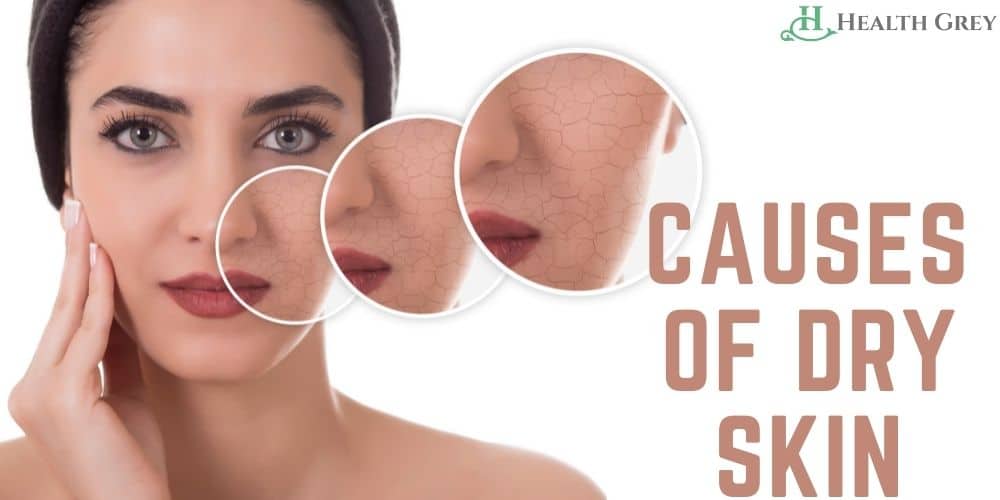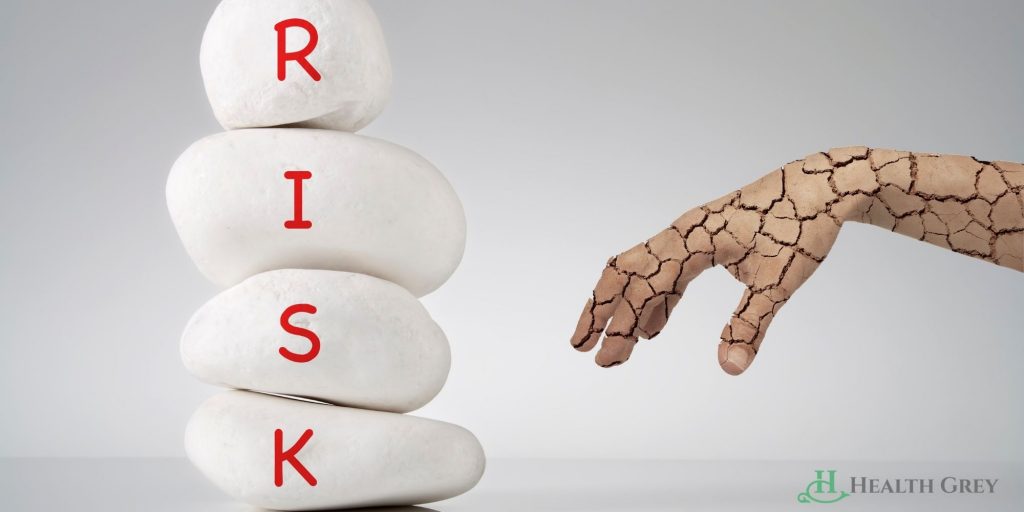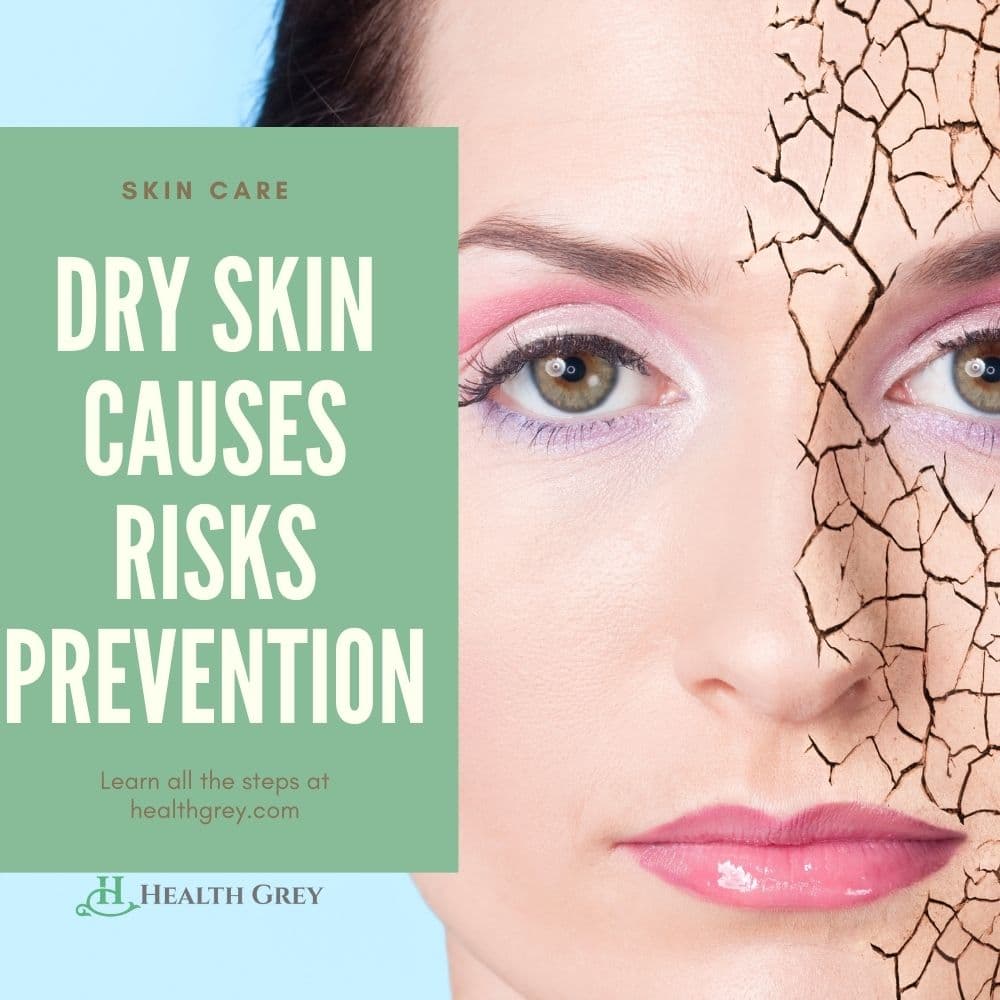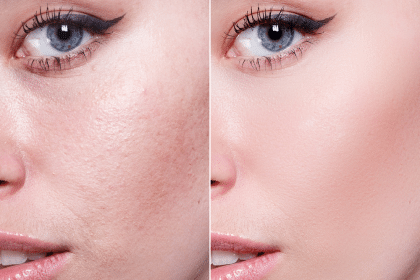Dry skin is a condition characterized by scaling, scratching, and cracking that is irritating. For several factors, it may occur. You may have dry skin naturally. But even though your skin appears to be oily, from time to time, you can get dry skin.
Every part of the body may be affected by dry skin. Hands, limbs, and legs are commonly affected by this. In certain cases, what you need to tackle might be dietary adjustments and over-the-counter moisturizers. You can call the doctor if such therapies are not appropriate.
Best homemade skin whitening body lotion

Causes of Dry Skin:
There is also an environmental cause of dry skin (xerosis). Your skin may also be seriously damaged by certain diseases. Potential dry-skin causes include:
- Weather: In winter, as temperatures and humidity levels fall, the skin appears to be drier. But when you live in desert areas, the season may not matter as much.
- Heat: Central heating, wood-burning stoves, fireplaces, and space heaters both eliminate moisture and dry the skin.
- Hot Baths and showers: It can dry your skin by taking long, hot showers or baths. So swimming, particularly in highly chlorinated pools, can be frequent.
- Harsh detergents and soaps: As they are designed to extract grease, many popular soaps, detergents, and shampoos strip moisture from your skin.
- Other skin conditions: People are vulnerable to dry skin and skin problems like atopic dermatitis (eczema) or psoriasis.

Risk Factors For Dry Skin
Dry skin will affect everyone. But some of the risk factors increase your chances of dry skin, including:
- Age: It is more likely that older adults will grow dring skin. Your pores release less oil naturally as you age, enhancing your chance of dry skin.
- Medical history: If you have a history of these disorders or other allergic diseases in your family, you’re more likely to develop eczema or allergic contact dermatitis.
- Season: Dry skin, when humidity levels are comparatively low, is more normal during the fall and winter months. Higher humidity levels in the summer help save the skin from drying out.
- Bathing habits. Your chance of dry skin is increased by taking daily baths or bathing in extremely hot water.
You are at risk if dehydrated. 11 Signs Which Show You Are Not Drinking Enough Water

Prevention For Dry Skin
To prevent the skin from being too dry, consider these tips:
- Moisturize: To prevent water from leaking, the moisturizer seals the surface.
- Restrict exposure to water: Keep the time for the bath and shower to 10 minutes or less. Switch the knob to warm, not hot. Only remember to bath yourself no more than once a day.
- Skip the drying soap: With additional moisturizers, consider cleansing creams, soft skin cleansers, and shower gels.
- Shield as much of the skin in cold or windy conditions as possible: Winter can be particularly skin-drying, so when you head out, be sure to wear a scarf, hat, and gloves.
- Wear gloves made from rubber: Wearing gloves will help shield your skin if you have to immerse your hands in water or if you are using harsh cleansers.
Are you know about Foods For Healthy Skin
For more information about the dry skin statistics
Here is another article where you can find some more about the dry patches on the skin.





One Comment
Pingback:
September 2, 2021 at 1:31 pm